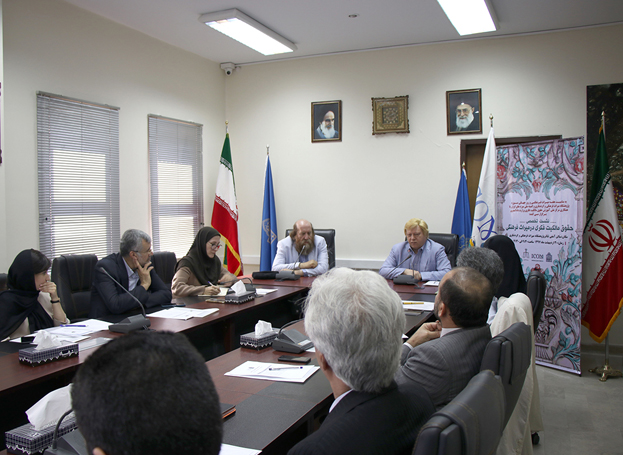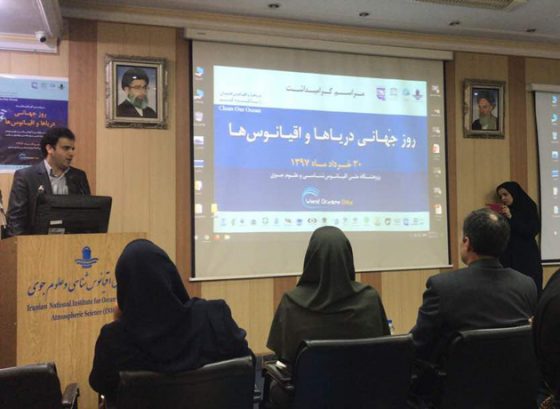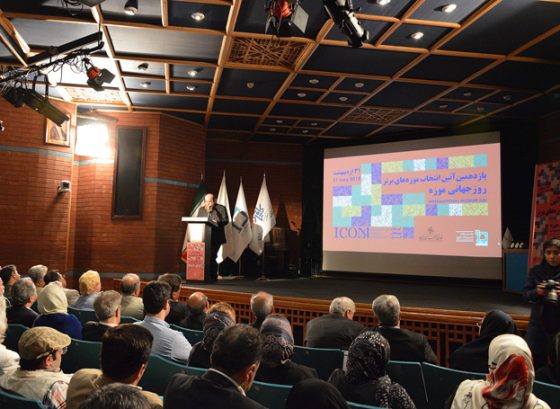UNESCO Joins Expert Meeting in Iran on Intellectual Property Rights in Cultural Heritage

The Research Centre of the Iranian Cultural Heritage Handicrafts and Tourism organization and the International Council of Museums (ICOM) jointly organized an expert meeting in Tehran, that was focused on “Intellectual Property Rights in Cultural Heritage”, AVA Diplomatic reports.
Ms. Esther Kuisch Laroche, Director and Representative of UNESCO Tehran Cluster Office in her message to the meeting underscored the importance of recognizing International Property Rights (IPR). “Rapid scientific and technological progress presents challenges to existing copyright law and it is necessary for us to construct a balanced and coherent legal framework that takes into account the fast-changing economic and social context” she said.
In the aftermath of the Second World War, the United Nations Educational, Scientific and Cultural Organization (UNESCO) was founded. Since then, as one its areas of competence, UNESCO has continuously fostered the safeguarding and promoting cultural heritage in all its forms –tangible and intangible, cultural and natural- as a key to achieving dialogue, sustainable development and social cohesion.
Since its creation, UNESCO has taken the initiative through its standard‐setting instruments that is, conventions, to highlight the convergence and interface between cultural heritage and intellectual property as they are both creations of the mind that have economic value, being species of property.
Two key international conventions are of relevance to copyright protection: the Berne Convention for the Protection of Literary and Artistic Works, which was first adopted in 1886 and last revised in the Paris Act of 1971; and the 1952 Universal Copyright Convention (UCC), adopted under the aegis of UNESCO.
Another milestone in the protection of the intellectual property was the creation of the World Intellectual Property Organization (WIPO) in 1967. The WIPO was founded as a specialized agency of the UN system and collaborates with UNESCO in advancing copyright protection and administering copyright related conventions. While copyright law differs from country to country, the foundation of the WIPO established the importance of intellectual property rights for economic growth in the emerging knowledge economy.
Ms. Kuisch Laroche also mentioned in her message to the meeting, the establishment of a special UNESCO Chair on Copyright and Other Intellectual Property Rights since June 1998 in a leading research institute.
One of UNESCO’s aims, as stated in its constitution, is to promote the free flow of ideas, and to facilitate the access of all people to printed and published materials produced by all. UNESCO sets out to do this by encouraging cooperation between nations in all spheres of intellectual activity and by encouraging governments to adopt measures towards promoting creativity and increasing the production of national literary, scientific, musical and artistic works.




